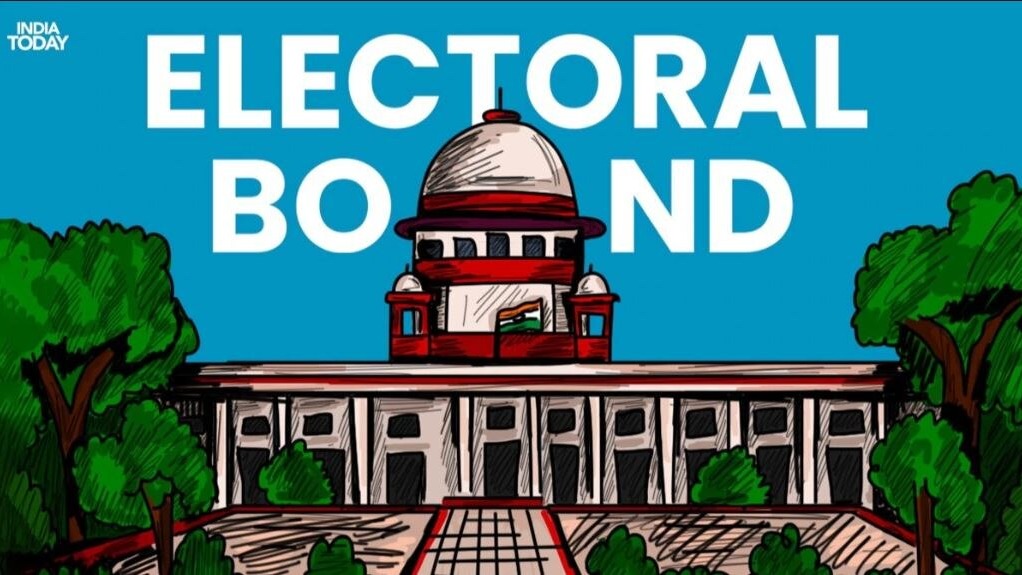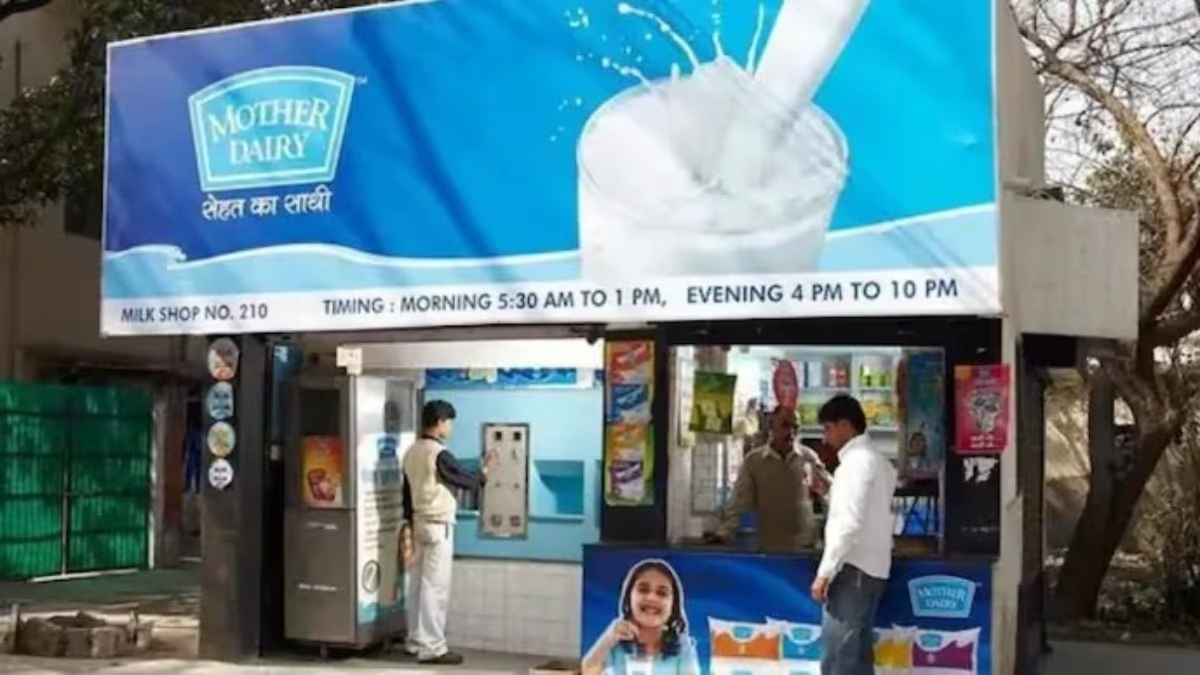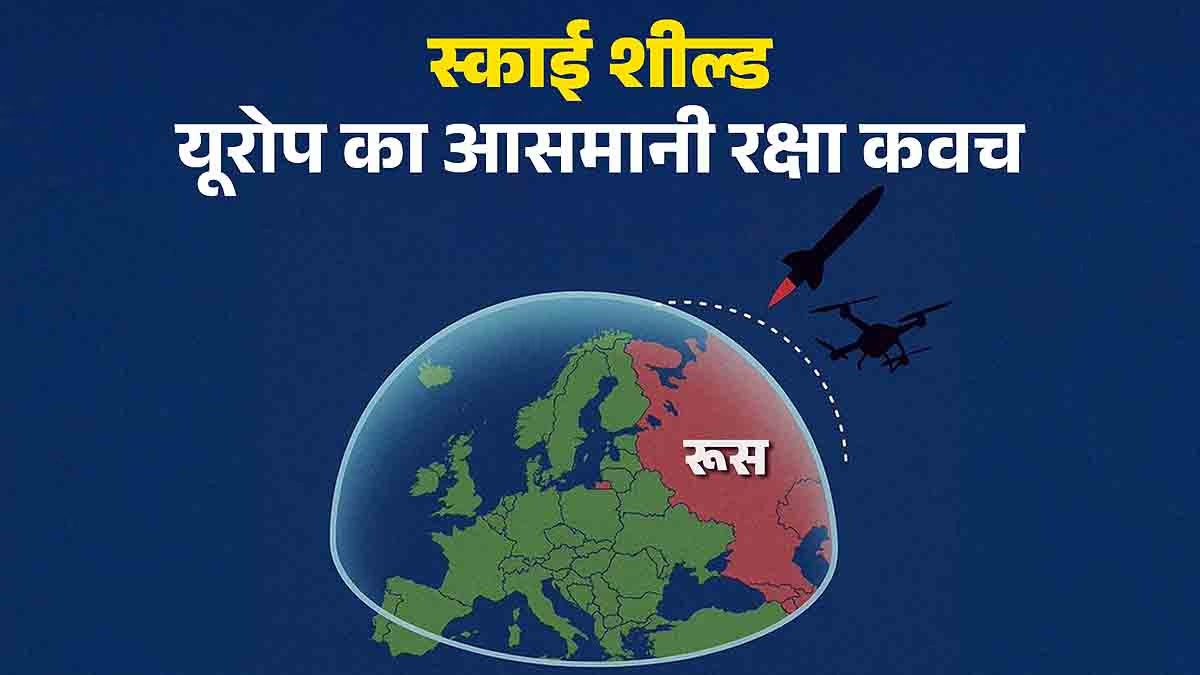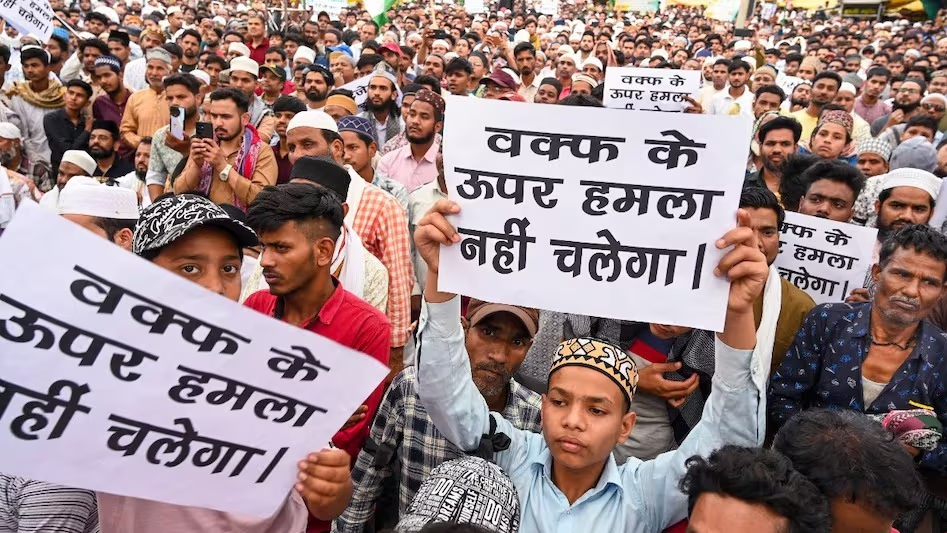The State Bank of India (SBI) has faced a setback from the Supreme Court. The request to extend the deadline for sharing information related to Electoral Bonds to June 30th was denied. The Supreme Court has instructed SBI to share all details by next Tuesday, March 12th.
The Supreme Court had ruled the Electoral Bond Scheme 'unconstitutional' in its decision on February 15th and annulled it. SBI was to report all details to the Election Commission by March 6th. SBI requested an extension till June 30th.
A bench consisting of Chief Justice D.Y. Chandrachud, Justices Sanjiv Khanna, B.R. Gavai, J.B. Pardiwala, and Justice Manoj Mishra is hearing the case.
A five-judge bench of the Supreme Court rejected SBI's plea, ordering all details to be shared with the Election Commission by March 12th. Additionally, the Commission must upload all details to its website by March 15th, 5 PM.
What are Electoral Bonds?
The central government announced the Electoral Bond Scheme in 2017, which was legally implemented on January 29, 2018. The government aimed to bring 'clean money' into electoral donations and enhance 'transparency' through this scheme.
Electoral Bonds of various denominations are issued through SBI's 29 branches. They range from one thousand to one crore rupees. Anyone can purchase these bonds and donate them to a political party of their choice.
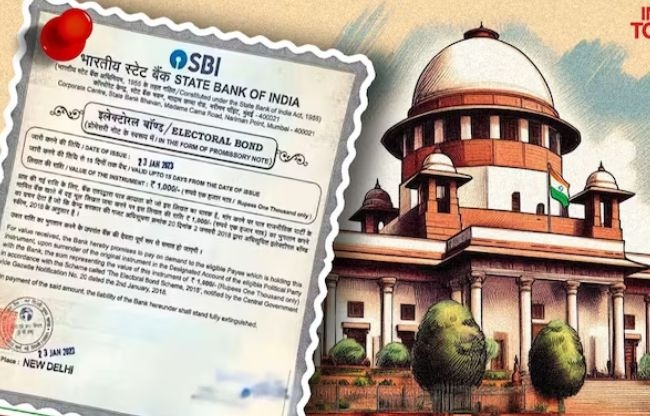
Source: aajtak
What details are maintained for these bonds?
The Supreme Court has ordered that SBI disclose details related to Electoral Bonds by March 12th, and the Election Commission must publish the data online by March 15th at 5 PM. This development could cause unrest among political parties as the implications of these disclosures are assessed.
